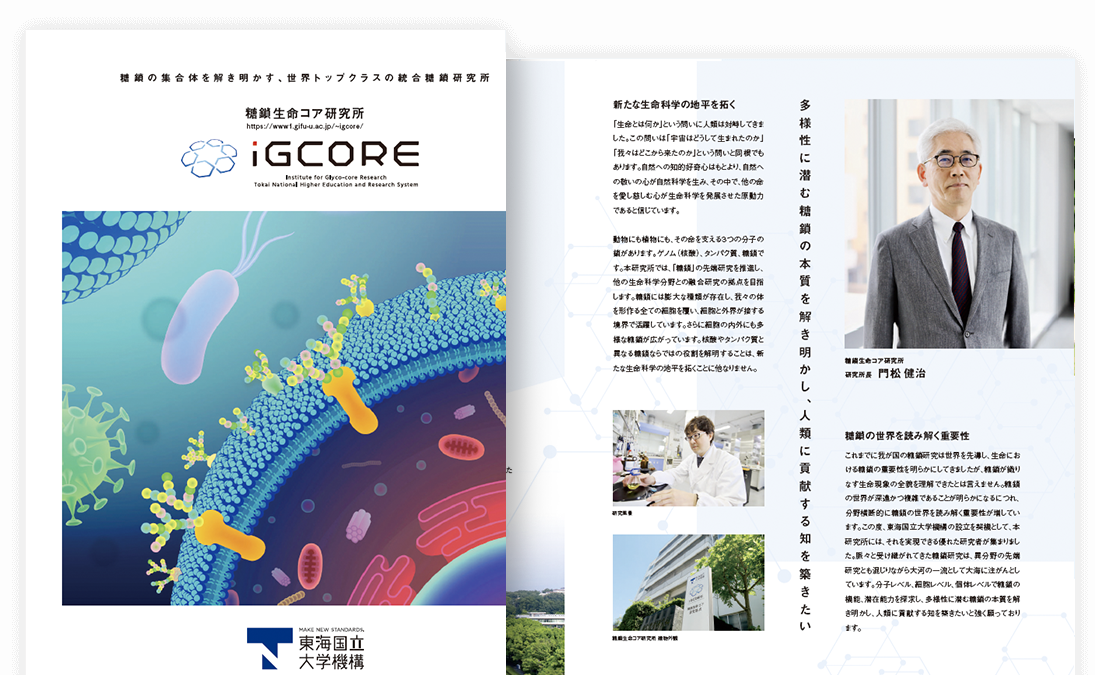HIV, Ebola and most recently, COVID-19 viruses have had an enormous impact on our societies world-wide. All these viruses are ‘enveloped viruses,’ viruses that have an exterior envelope that surrounds them largely composed of its host’s cells. This envelope increases the virus’s ability to hide from their host’s immune system and to access the host’s cells. It also, however, gives researchers a target, an opportunity to interrupt viral transmission.
Japanese researchers have been working on the issue of halting viral transmission in these types of viruses. “The development of vaccines and antiviral drugs against COVID-19 has successfully reduced the risk of death, but complete suppression of viral transmission is still challenging. Under such circumstances, we evaluated the potential of naturally occurring pradimicin A (PRM-A) as a new anti-SARS-CoV-2 drug that suppresses SARS-CoV-2 transmission,” said Yu Nakagawa, the lead author on the paper and an associate professor in the Institute for Glyco-core Research (iGCORE) at Nagoya University, Nagoya, Japan.
There is strong evidence that PRM-A is a viral entry inhibitor, in other words it stops viruses from entering a host’s cells. It does this by binding to N-glycans, which are found on the surface of several types of enveloped viruses including the SARS-CoV-2 virus. However, there is still little known about how exactly PRM-A binds to the viral N-glycans.
Their research was published in Bioorganic & Medicinal Chemistry on May 1.
News Release for this research: https://www.eurekalert.org/news-releases/1050287
【Paper Information】
Yu Nakagawa, Masato Fujii, Nanaka Ito, Makoto Ojika, Dai Akase, Misako Aida, Takaaki Kinoshita, Yasuteru Sakurai, Jiro Yasuda, Yasuhiro Igarashi, Yukishige Ito.
Molecular basis of N-glycan recognition by pradimicin an and its potential as a SARS-CoV-2 entry inhibitor.
Bioorganic & Medicinal Chemistry, Volume 105, 2024, 117732.
DOI: 10.1016/j.bmc.2024.117732
URL: https://www.sciencedirect.com/science/article/pii/S0968089624001469





